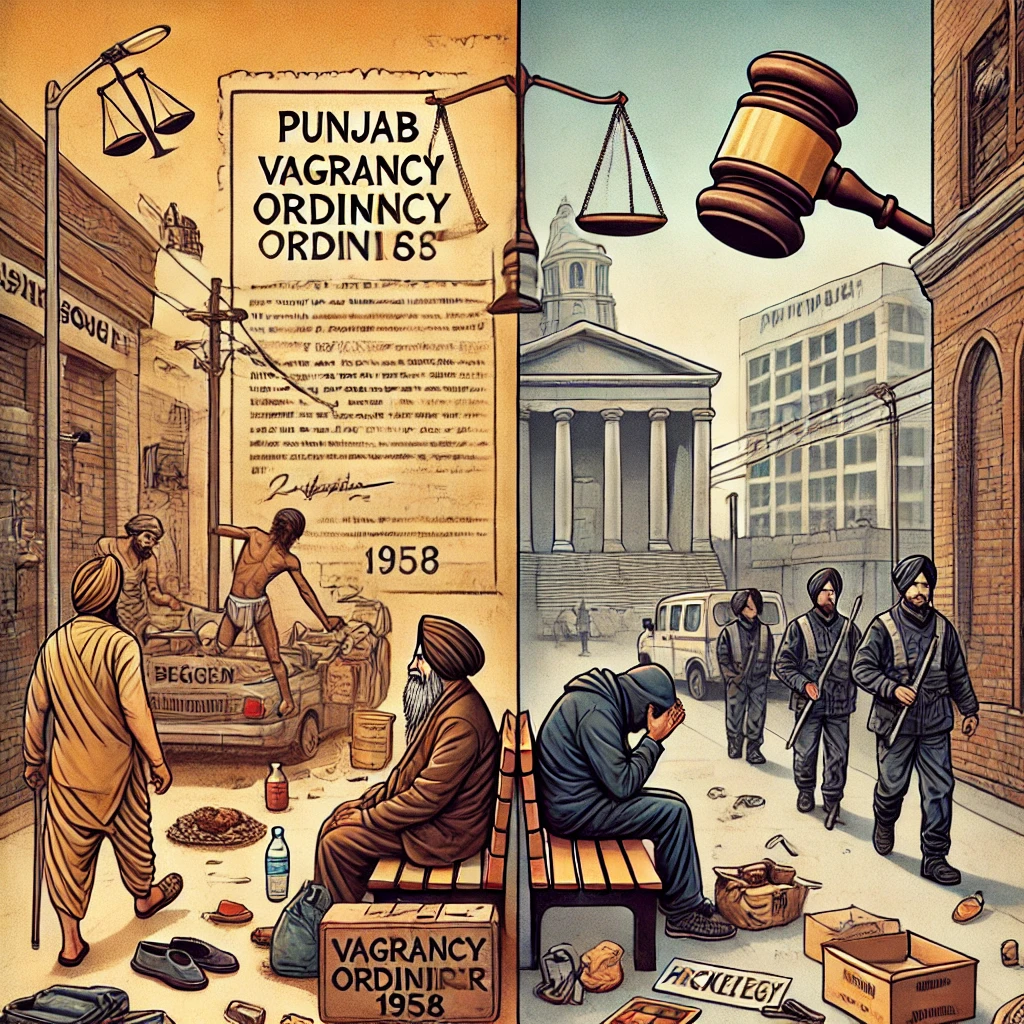
The Anti-Rape (Investigation and Trial) Act, 2021 constitutes a pivotal legislative intervention in Pakistan’s legal framework, aiming to expedite the prosecution of sexual violence cases while fortifying institutional mechanisms for victim protection. This statute marks a paradigmatic shift toward enhanced due process and forensic rigor in sexual offense adjudication. However, a critical question remains: Does this legislative framework extend its protective ambit to male victims of rape, or does it remain exclusively applicable to female survivors?
Jurisprudential Scope and Statutory Interpretation
The Anti-Rape (Investigation and Trial) Act, 2021, when read in conjunction with the Pakistan Penal Code (PPC) 1860, delineates a comprehensive procedural roadmap for addressing sexual violence. Notably, Section 375 of the PPC (دستور موجرمانہ ملک پاکستان) predicates the definition of rape on the commission of sexual acts against women. However, the procedural and investigative enhancements introduced by the 2021 Act bear implications for all victims of sexual violence, irrespective of gender.
Salient Provisions of the Act
- Section 2(c) defines a “victim” as any individual subjected to rape, without an explicit gender-based restriction.
- Section 3 mandates the creation of specialized courts to ensure expeditious adjudication of rape cases.
- Section 5 standardizes forensic evidence protocols to mitigate evidentiary lapses.
- Section 7 establishes a comprehensive witness protection framework, mitigating coercion risks.
- Section 11 categorically proscribes the “two-finger test,” aligning forensic practices with international human rights standards.
- Section 13 institutionalizes capacity-building programs for law enforcement and judicial officers, fostering victim-sensitive investigatory protocols.
- Section 15 operationalizes psychological and rehabilitative support structures for survivors.
While the statute does not explicitly enumerate protections for male victims, Section 377 PPC criminalizes “unnatural offenses,” which can be interpreted to encompass male rape. Nonetheless, the lack of explicit recognition of male survivors under the 2021 Act necessitates legislative recalibration to ensure an unequivocally inclusive framework.
Structural and Procedural Lacunae
Despite the legislative advancements, the Act’s implementation is encumbered by several systemic deficiencies:
- Gender Asymmetry in Reporting Mechanisms: Male victims frequently encounter entrenched societal stigma, impeding their access to justice.
- Doctrinal Ambiguities: The absence of explicit gender-neutral terminologies engenders interpretative inconsistencies in judicial adjudications.
- Operational Constraints in Special Courts: The sporadic establishment and inconsistent functionality of dedicated rape courts undermine the Act’s efficacy.
- Forensic Bottlenecks: Despite statutory mandates, delays in forensic evidence processing compromise the probative value of scientific analyses.
- Deficient Investigatory Capacities: Inadequate training of law enforcement officials perpetuates victim-blaming narratives and evidentiary mishandling.
Comparative Legal Analysis: International Jurisdictions
Several jurisdictions have undertaken legislative reforms to adopt gender-neutral rape laws, ensuring equitable victim protections:
- United States (Title 18 U.S. Code §2242) – Recognizes sexual assault as a gender-neutral offense and incorporates the Prison Rape Elimination Act (PREA) to address male victimization.
- United Kingdom (Sexual Offences Act 2003) – Expands the legal definition of rape to encompass all genders, reflecting contemporary human rights jurisprudence.
- India (Criminal Law (Amendment) Act, 2013) – While historically gendered, recent judicial interpretations advocate for an inclusive victimology approach.
- Canada (Criminal Code, Sections 271-273) – Establishes gender-neutral rape provisions and mandates state-funded victim assistance programs.
- Australia (Crimes Act 1900 – New South Wales) – Defines sexual offenses predicated on consent rather than gender, thereby eliminating legal asymmetries.
Jurisprudential Precedents in Pakistan
Pakistani courts have rendered seminal judgments that have incrementally refined sexual offense adjudication:
- Mst. Mukhtar Mai v. The State (PLD 2005 SC 25) – Emphasized a victim-centric evidentiary paradigm in sexual offense trials.
- Muhammad Zafar v. The State (2020 SCMR 1525) – Established forensic evidence as the linchpin of prosecutorial success.
- Ali Imran v. The State (PLD 2018 Lahore 172) – Critiqued procedural lacunae in investigatory methodologies.
- Muhammad Aslam v. The State (2019 YLR 2100 Sindh) – Addressed procedural inconsistencies leading to wrongful acquittals.
- Abdul Manan v. The State (2022 SCMR 656) – Reaffirmed the constitutional imperative of ensuring due process in sexual offense trials.
Quranic Exegesis on Sexual Violence
Islamic jurisprudence unequivocally condemns sexual violence. The Holy Quran, in Surah An-Nur (24:2), decrees:
“The woman and the man guilty of fornication, flog each one of them with a hundred stripes. Let not compassion withhold you from carrying out the law of Allah.”
Islamic scholars extrapolate from this verse a broader prohibition against all forms of non-consensual sexual relations, underscoring the moral and legal imperative for stringent anti-rape jurisprudence. Islamic legal traditions further necessitate corroborative evidentiary thresholds to prevent false accusations while ensuring that perpetrators face appropriate retribution.
Frequently Asked Questions (FAQs)
- Does the Anti-Rape Act, 2021 explicitly recognize male victims?
The Act does not explicitly enumerate protections for male victims, though Section 377 PPC can be invoked for male sexual assault cases. - Can male victims pursue legal recourse under Pakistani law?
Yes, male survivors can initiate legal proceedings under Section 377 PPC, though systemic barriers persist. - How does forensic evidence impact rape convictions?
The Act mandates forensic protocols to enhance prosecutorial efficacy and prevent evidentiary contamination. - Do special courts exist for rape trials?
Yes, the Act stipulates the establishment of specialized courts, though their functional consistency varies. - Who can provide legal representation for sexual offense cases?
Azam Ch Advocate from Sattaria Law Associates, 220, 221, 222, District Courts Okara, is a specialist in this domain. Contact details:- Google Map: https://maps.app.goo.gl/qTEKtiAxwGUqdm5x7
- Mobile & WhatsApp: https://wa.me/+923006954414
- Website: www.azamchadv.com




